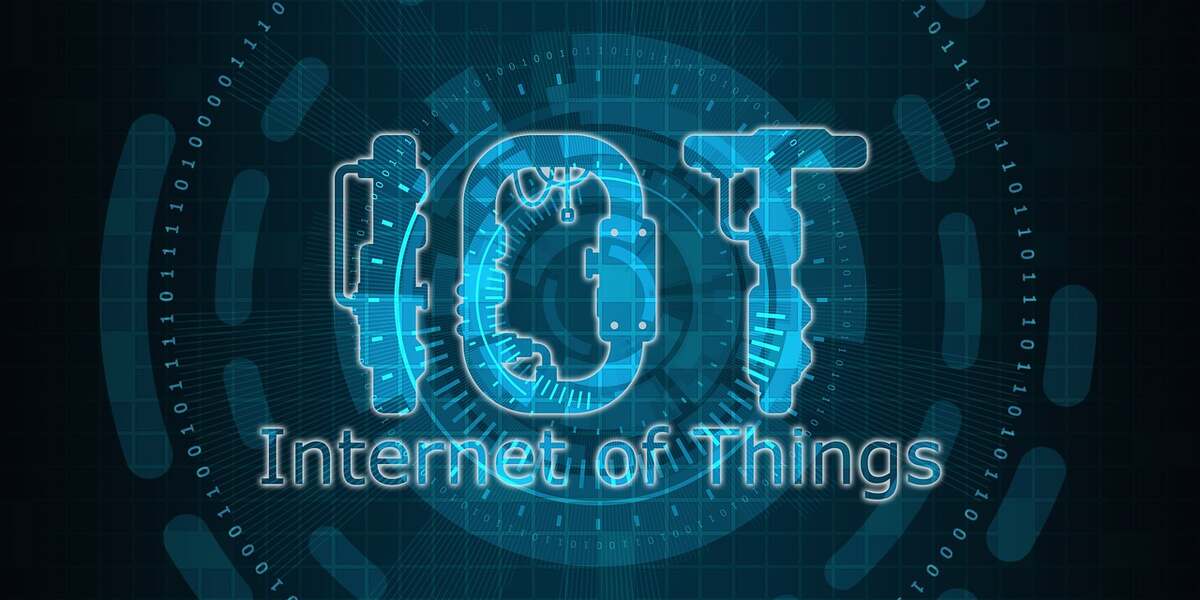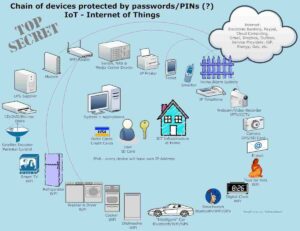In the contemporary digital era, digital information technology (DIT) underpins nearly every part of our lives. From the smartphones in our hands to the cloud platforms that drive global enterprises, digital IT forms the invisible backbone of modern society.
But why does it matter more today than ever before? The answer lies in the way technology continues to evolve, solving complex challenges, driving business transformation, and reshaping personal experiences. In this article, we’ll explore the importance of digital information technology, its evolution, benefits, challenges, and what the future holds.
What Is Digital Information Technology?
At its core, digital information technology refers to the systems, tools, and processes used to create, store, manage, and share data in digital form. It integrates:
- Hardware → computers, smartphones, servers, IoT devices.
- Software → operating systems, applications, databases, AI tools.
- Networks → internet, telecommunications, cloud computing platforms.
- Data management → storage, cybersecurity, and analytics solutions.
This ecosystem is what allows businesses to operate globally, students to learn remotely, doctors to treat patients virtually, and individuals to stay connected in real time.
Why Digital Information Technology Matters More Today

1. The Backbone of Modern Business
Digital IT powers the digital transformation strategies of organizations worldwide. Businesses rely on IT infrastructure for:
- Data-driven decision-making with analytics and big data.
- Cloud solutions to reduce costs and scale operations.
- Automation tools that streamline repetitive processes.
- Customer experience systems like CRM platforms.
Without digital IT, organizations cannot remain competitive in today’s global marketplace.
2. Everyday Convenience and Connectivity
For individuals, DIT has become inseparable from daily routines. It enables:
- Instant communication via social media, video calls, and messaging apps.
- Seamless transactions through digital banking and e-commerce.
- Entertainment on demand with streaming platforms.
- Remote and hybrid work thanks to online collaboration tools.
Life without digital technology is almost unimaginable—its value lies in making things simpler, faster, and more connected.
3. Driving Innovation and Emerging Technologies
Some of the world’s most transformative innovations are built on DIT:
- Artificial Intelligence (AI) & Machine Learning (ML): Enabling predictive analytics, chatbots, and autonomous vehicles.
- Internet of Things (IoT): Connecting everyday IoT devices like smart thermostats, wearables, and industrial sensors.
- Blockchain: Enhancing trust and transparency in transactions.
- Virtual Reality (VR) & Augmented Reality (AR): Redefining experiences in gaming, healthcare, and education.
These technologies illustrate why digital IT is not just supportive—but central to future innovation.
4. Addressing Global Challenges
Digital information technology also plays a critical role in solving real-world problems:
- Healthcare: Electronic health records, wearable devices, and telemedicine improve care.
- Education: E-learning platforms provide access to knowledge anywhere in the world.
- Sustainability: Smart grids, data-driven agriculture, and energy-efficient IT systems support a greener future.
This demonstrates the societal impact of IT beyond business and personal convenience.
Evolution of Digital Information Technology

Digital IT didn’t appear overnight—it has gone through waves of innovation:
- Early Mechanical Tools: Devices like the Antikythera mechanism marked the origins of computing.
- Mid-20th Century: Transistors and integrated circuits transformed hardware efficiency.
- The Internet Era: Networking technologies connected people and businesses worldwide.
- The Digital Age: AI, Internet of Things (IoT), and big data now define the 21st century.
This rapid evolution highlights why digital IT is more crucial today: progress moves faster than ever before.
Key Components of Digital Information Technology
Data Processing and Storage
From punched cards to cloud computing, storage capacity has grown exponentially. Database Management Systems (DBMS) now provide secure, structured, and scalable data handling.
Networking and Communication
High-speed internet, fiber optics, and 5G networks power real-time communication across the globe. Without this, remote work, online learning, and digital commerce would not be possible.
IT Services and Applications
Everyday tools like email, search engines, SaaS platforms, and AI assistants showcase the power of digital IT services to enhance productivity and accessibility.
Opportunities and Benefits of DIT
The importance of digital IT today lies in the opportunities it provides:
- Efficiency & Productivity: Automating tasks saves time and reduces human error.
- Personalization: AI allows businesses to tailor experiences to individual users.
- Globalization: Digital platforms connect people and companies worldwide.
- Catalyst for Innovation: Encourages entrepreneurship, creativity, and disruption.
In short, DIT empowers both businesses and individuals to do more with less.
Challenges Facing Digital Information Technology

Despite its benefits, DIT faces several pressing challenges:
- Cybersecurity threats: Increasing cyberattacks and data breaches.
- Data privacy issues: Growing concerns over how personal data is used.
- Digital divide: Unequal access to technology across regions and socioeconomic groups.
- Ethical dilemmas in AI: Bias in algorithms and the impact of automation on jobs.
To maximize its value, organizations and governments must address these challenges head-on.
The Role of Digital IT Summarized
| Aspect | Details | Why It Matters Today |
|---|---|---|
| Definition | Systems and tools that create, store, and share digital data. | Essential for business and personal use. |
| Business Impact | Cloud computing, automation, big data. | Improves efficiency and competitiveness. |
| Personal Use | Smartphones, apps, e-commerce. | Enhances daily convenience and connectivity. |
| Innovation Drivers | AI, IoT, Blockchain, AR/VR. | Fuels new industries and smarter systems. |
| Global Benefits | Healthcare, education, sustainability. | Solves real-world challenges. |
| Challenges | Cybersecurity, privacy, inequality. | Must be addressed for trust and inclusivity. |
| Future Trends | AI, quantum computing, IoT expansion. | Shapes the next digital era. |
The Future of Digital Information Technology
Looking forward, DIT will continue to accelerate global change:
- AI-driven decision-making will dominate industries.
- Quantum computing will solve complex problems in minutes.
- IoT ecosystems will expand, creating smart cities and connected industries.
- Green IT solutions will focus on sustainability and reducing carbon footprints.
The future belongs to those who adapt, innovate, and integrate digital IT effectively.
Conclusion
Digital information technology matters more today because it sits at the heart of how we work, live, and innovate. From fueling business growth to simplifying personal tasks, its influence is undeniable. Yet, its power also demands responsibility: protecting data, ensuring equity, and using technology ethically.
At Inspotty, we believe in leveraging digital IT to inspire more innovative solutions and prepare for the future. The question is no longer whether digital information technology is essential—it’s how well we can use it to build a better tomorrow.
Frequently Asked Questions (FAQs)
What is the role of digital information technology in business?
It helps companies to streamline operations, make data-driven decisions, and enhance customer engagement.
How does digital IT impact daily life?
It powers communication, banking, shopping, remote work, and entertainment.
What are the main challenges of digital IT?
Cybersecurity threats, privacy concerns, AI ethics, and unequal access.
What are the top trends in digital IT?
AI, IoT, quantum computing, and sustainable IT solutions.
Why is digital IT more critical today?
Because our world is increasingly data-driven, interconnected, and reliant on technology to solve complex problems.









